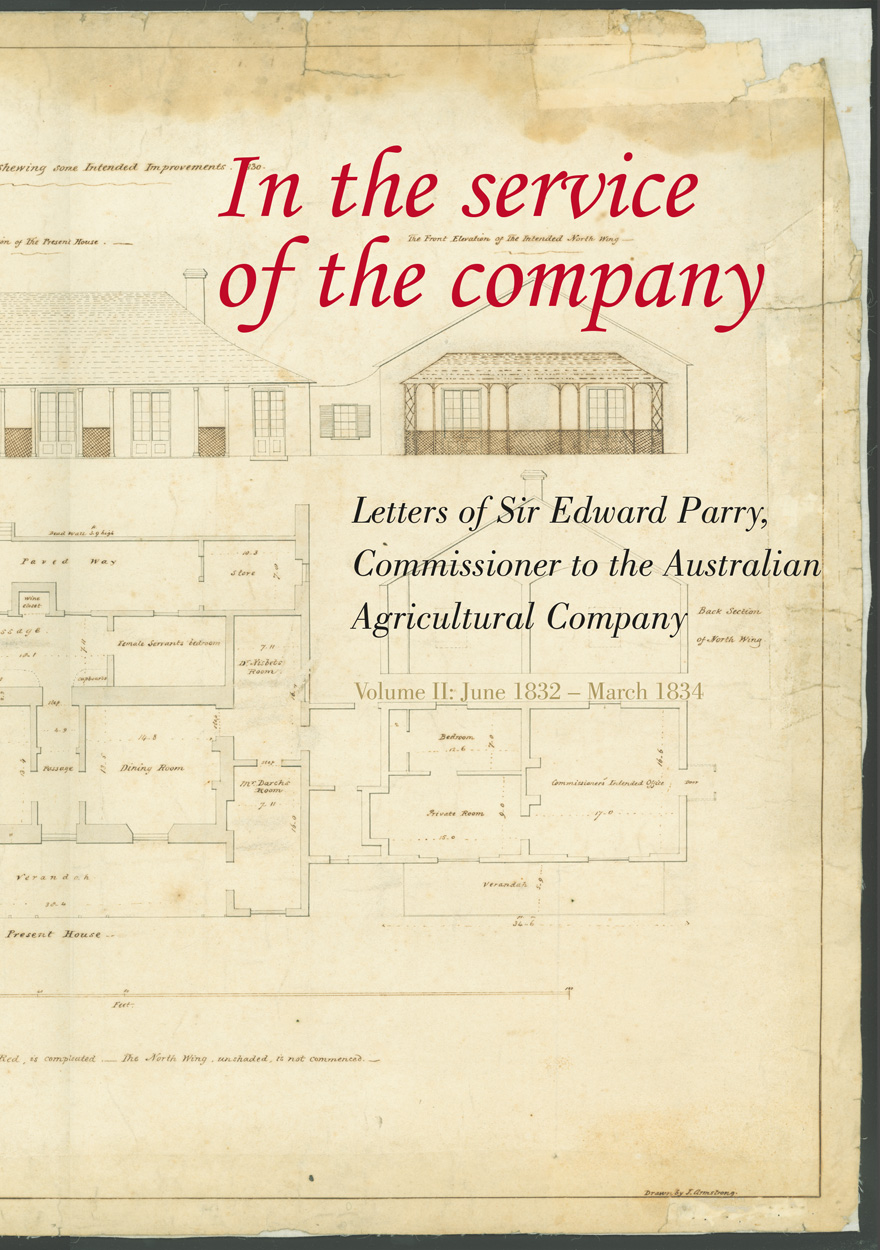Search titles
Displaying results 61 to 63 of 63.

Interpreting Chekhov »
Authored by: Geoffrey Borny
Publication date: August 2006
The author’s contention is that Chekhov’s plays have often been misinterpreted by scholars and directors, particularly through their failure to adequately balance the comic and tragic elements inherent in these works. Through a close examination of the form and content of Chekhov’s dramas, the author shows how deeply pessimistic or overly optimistic interpretations fail to sufficiently account for the rich complexity and ambiguity of these plays. The author suggests that, by accepting that Chekhov’s plays are synthetic tragi-comedies which juxtapose potentially tragic sub-texts with essentially comic texts, critics and directors are more likely to produce richer and more deeply satisfying interpretations of these works. Besides being of general interest to any reader interested in understanding Chekhov’s work, the book is intended to be of particular interest to students of Drama and Theatre Studies and to potential directors of these subtle plays.

In the Service of the Company- Vol 1 »
Letters of Sir Edward Parry, Commissioner to the Australian Agricultural Company
Publication date: November 2005
Sir Edward Parry’s correspondence and record keeping as Commissioner to the Australian Agricultural Company were voluminous. His letterbooks, reproduced as In the Service of the Company Vol. I and Vol. II, form part of his lengthy despatches to the Directors in England.
The extensive archives of the Australian Agricultural Company, including the records of both the London and Australian head offices, have since 1955 been deposited with the Noel Butlin Archives Centre at The Australian National University.

In the Service of the Company- Vol 2 »
Letters of Sir Edward Parry, Commissioner to the Australian Agricultural Company: June 1832- March 1834
Publication date: January 2003
The Australian Agricultural Company was formed in London in April 1824 to raise fine woolled sheep on a Crown Grant in the Colony of New South Wales. The labour-force was to consist mainly of assigned convicts, but the Company was to send out overseers, shepherds, mechanics and other servants, together with a supply of pure-bred Merino sheep, cattle and horses.
The first Company ‘Establishment’ sailed from England in June 1825 on the York and the Brothers – under the direction of the Company’s Agent, Robert Dawson. Dawson was to be supported in his endeavours by a Colonial Committee of Management composed of local shareholders. In the event, the members of the Committee were James Macarthur, Dr James Bowman and Hannibal Hawkins McArthur.
Soon after his arrival, in early 1826, Dawson made the decision to take up the whole of the Company’s one million acre grant between Port Stephens and the Manning River. The next two years were occupied with exploration and the establishment of the Company Settlement at Carrabean (later Carrington) on the northern shore of Port Stephens, No 1 Farm (near Carrington), No 2 Farm (Stroud), and a chain of sheep stations north towards the out station at Gloucester.



